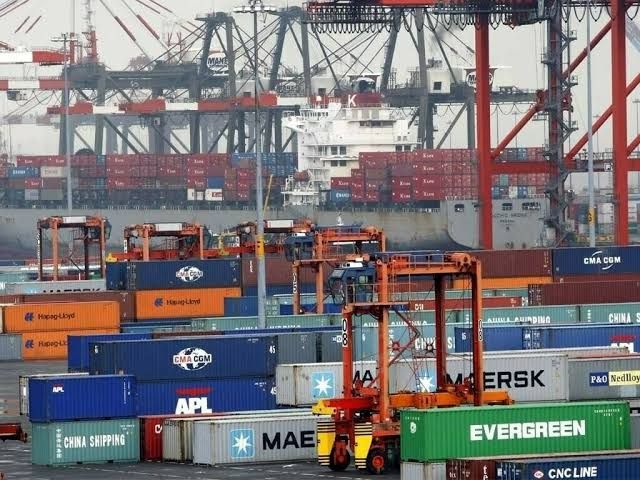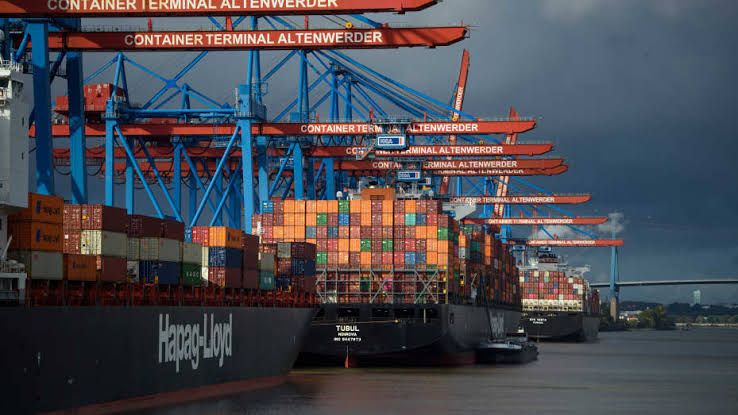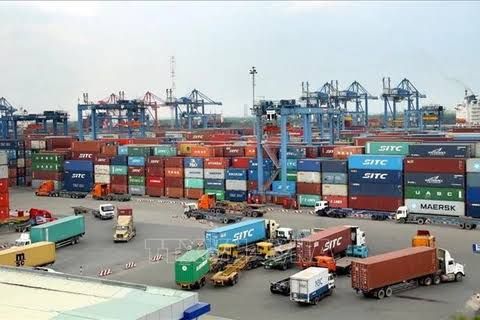Falcon powers – The world economy is expected to grow by 2.6 per cent this year, and the expansion rate is expected to remain consistent throughout the year, without significant fluctuations, according to a report by the World Bank.
It will be the first time in three years that the global growth rate will stay steady despite escalating geopolitical tensions and high interest rates. Following this, growth is anticipated to rise slightly to 2.7 per cent in 2025-2026, driven by moderate increases in trade and investment, the report said.

The World Bank’s latest growth outlook is a slight upgrade from its January projections of 2.4 per cent. However, this growth rate is still below the 3.1 per cent average in the decade before the coronavirus pandemic.
The latest forecast implies that over the course of 2024-2026 countries that collectively account for more than 80 per cent of the world’s population and global economy would still be growing more slowly than they did in the decade before the pandemic.

“Four years after the upheavals caused by the pandemic, conflicts, inflation, and monetary tightening, it appears that global economic growth is steadying. However, growth is at lower levels than before 2020,” said Indermit Gill, World Bank’s chief economist and senior vice president.
Overall, developing economies are projected to grow 4 per cent on average over 2024-2025, slightly slower than in 2023. Growth in low-income economies is expected to increase to 5 per cent this year from 3.8 per cent in 2023.
Developing economies still lag behind
In 2024, one in four developing economies is expected to remain poorer than it was before the pandemic began in 2019. This proportion is twice as high for countries in fragile and conflict affected situations.
Prospects for the world’s poorest economies are even “more worrisome” as they face higher levels of debt service, constricting trade possibilities and costly climate events, said Mr Gill.
“Developing economies will have to find ways to encourage private investment, reduce public debt, and improve education, health, and basic infrastructure.”
The poorest among them, particularly the 75 countries that qualify for concessional aid from the International Development Association, will be unable to achieve this without international assistance, Mr Gill said.

Middle East and GCC bound to grow in 2024
After slowing to 1.5 per cent last year, growth in the Middle East and North Africa region is expected to jump to 2.8 per cent in 2024 and 4.2 per cent in 2025, mainly because of a gradual resumption of oil production.
This month, Opec+ bloc, responsible for supplying about 40 per cent of the world’s crude oil, agreed to extend its output cuts of 3.66 million barrels per day, originally set to conclude this year, until the end of 2025.
Meanwhile, the additional 2.2 million bpd voluntary production cuts of eight Opec+ member states were extended by three months until the end of September.
The group also released a plan for gradually unwinding the voluntary curbs on a monthly basis from October 2024 until September 2025.


